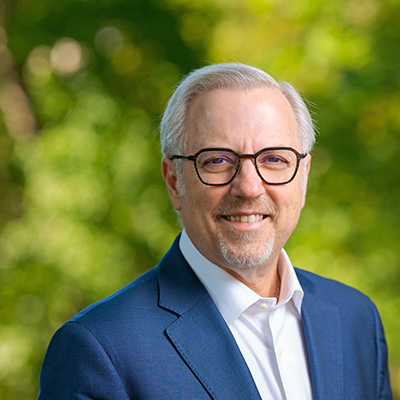Molloy University Status

A commitment to serve a unique mission

We’ve had the academic scope and breadth of a university for years – this makes it official
James Lentini, D.M.A. - President, Molloy University
Frequently Asked Questions
-
What is the difference between a college and a university?
Colleges are often smaller institutions that emphasize undergraduate education in a broad range of academic areas, while the typical definition of a university is a larger institutions that offer a variety of both undergraduate and graduate degree programs. In that regard, Molloy has been a “university” for a number of years, offering multiple Master’s and Doctoral degree programs.
Universities are also known for being centers of research, and Molloy University is committed to supporting current and emerging research. The university will highlight the expertise of our faculty and the work they do to provide a transformative education to Molloy students and their commitment to advancing knowledge and practice in their fields.
-
Why did Molloy make this change?
As a University, Molloy will honor its tradition of excellence in teaching as the cornerstone of faculty commitment to students, and strengthen support for faculty scholarship, research, and creative activity. Molloy will also construct a targeted approach to securing extramural funding where areas of strength are identified as a good match for developing programs in which it can be competitive in securing external federal funding for research.
-
Will this change how financial aid is received?
Our name change will have no impact on how financial aid is received and disbursed.
-
Will Molloy University add new academic programs?
With technological advances demanding new approaches to teaching and learning and demographic changes reshaping the region, Molloy University will engage a broader population of students ranging from traditional-age undergraduates to adult learners. In addition to new degrees, pathways of study will include a growing list of certificates, badges, degree completion opportunities and other programs delivered in person, online, and in blended formats. Molloy University will build on strengths as it expands its approach to offering educational opportunities in the health professions, business, education, sciences, and the liberal arts to prepare the workforce of the future.
-
What will degrees and transcripts say?
Degrees conferred after June 1, 2022 will be from Molloy University.
Transcripts ordered after June 1, 2022, will say Molloy University. The transcript backer will provide the former name of the school.
-
Should alumni say they graduated from Molloy University?
Our alumni can share in the pride that they were significant participants in the growth of Molloy University. Alumni can say they graduated from Molloy University, and note, when appropriate, “formerly Molloy College.
-
Does University status change Molloy’s NCAA status?
Molloy University is still a Division II school.
-
Where can I find Molloy University gear?
The on-campus spirit store and online bookstore have newly branded Molloy University items available for sale.
Online Bookstore